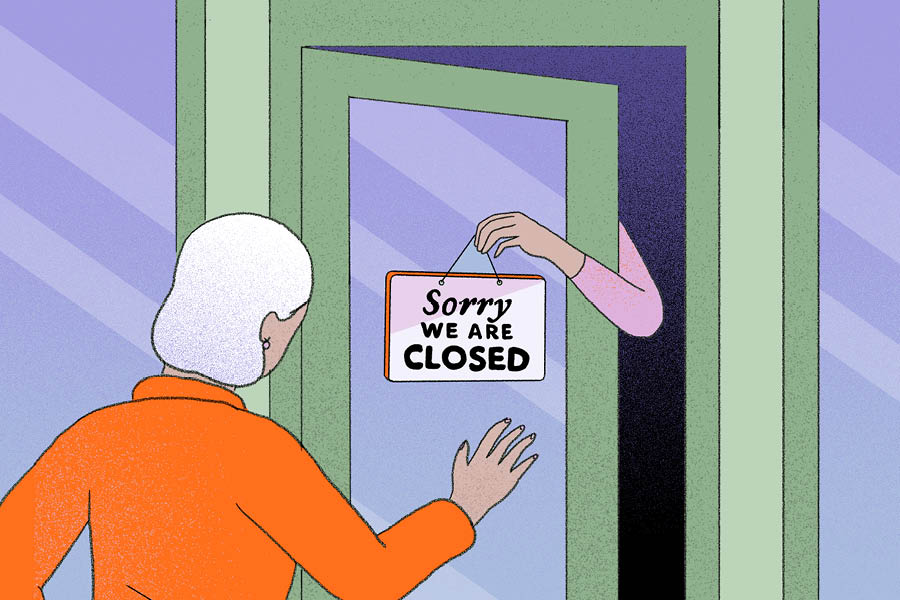What Happens if Your ETF Closes?

Exchange-traded funds (ETFs) offer investors a convenient way to invest in a portfolio of securities like stocks or bonds. Since 1993, when the first ETF was launched, more than 5,000 ETFs have been offered to U.S. investors. However, not all these funds have managed to survive.
When an issuer decides to close an ETF, investors will typically receive notice a few weeks in advance. Because the ETF is a separate legal entity from the issuer that manages it, the ETF will control all the assets in its portfolio up until the date set for its liquidation, at which point the manager will sell the assets and distribute the proceeds to investors.
After spending time researching and selecting an ETF, investors may be disappointed when an ETF closes, and they have to start this process from scratch.
Likewise, for investors in taxable accounts, closures are treated like sales and may create unexpected tax consequences.
"Some ETFs are much more susceptible to closure than others," said Emily Doak, CFA, director of ETF and index fund research at the Schwab Center for Financial Research, "so it's important to be aware of certain characteristics when researching funds for your portfolio."
Which funds are most likely to close?
Leveraged and inverse ETFs—which use derivatives and/or futures contracts in an attempt to provide either a positive or negative multiple of an index's performance—are most prone to closure. In fact, 52% of all such funds have closed down compared with a closure rate of 31% for nonleveraged, noninverse ETFs, according to 2024 Morningstar data.
"Leveraged and inverse funds generally aren't meant to be held for longer than a day, and some types of leveraged and inverse ETFs tend to lose the majority of their value over time," Doak explained. "Standard ETFs, on the other hand, typically close down because they aren't attracting enough assets to be profitable for their issuers."
Which ETFs are least likely to close?
There are no guarantees, but ETFs with these characteristics are less likely to close:
Significant assets under management:
It's important to watch how the assets of any fund grows over time. Many funds close due to low assets.
To determine a fund’s assets under management, log in to the ETF screener and select Total Assets under Basic Criteria, then select an asset range.
Longer life span:
On average, funds that close tend to do so within the first few years of their lives. Morningstar reports that the average age of the ETFs closed in 2023 was 5.4 years.
To determine a fund’s age, log in to the ETF screener and select Inception Date under Basic Criteria, then select a time frame.
Less-volatile strategies
Given their high closure rates—as well as other inherent risks—investors may want to avoid the aforementioned leveraged and inverse exchange-traded products.
To determine a fund’s type, log in to the ETF screener and select Fund Type under Basic Criteria, then select Not Leveraged or Inverse next to Exchange Traded Funds.
What happens if my ETF closes?
You generally have two options for retrieving your principal:
- Wait for the payout: If you retain your shares until the fund closes, you may receive a cash distribution after the remaining assets have been liquidated. The distribution per share will ordinarily be close to the net asset value per outstanding share at the time of the fund's closing, and because you're not trading your shares in the secondary market, you'll avoid the bid/ask spread. Most final distributions are made to investors within three to five business days of an ETF's delisting, though some have taken a week or longer.
- Consider immediate liquidation: Selling your shares before the closure date allows you to reinvest the principal more quickly because the standard settlement for ETFs traded on national exchanges will move to just one business day from two on May 28, 2024. You'll hopefully receive the bid price when you sell, which is typically slightly less than the value of the fund's underlying investments.
Regarding potential tax consequences, Doak said, "If you've owned the fund for less than a year and it closes at a higher share price than you paid, you could owe taxes on any short-term gains, which are taxed at ordinary income rates."
Discover more from Onward

Keep reading the latest issue online or view the print edition.